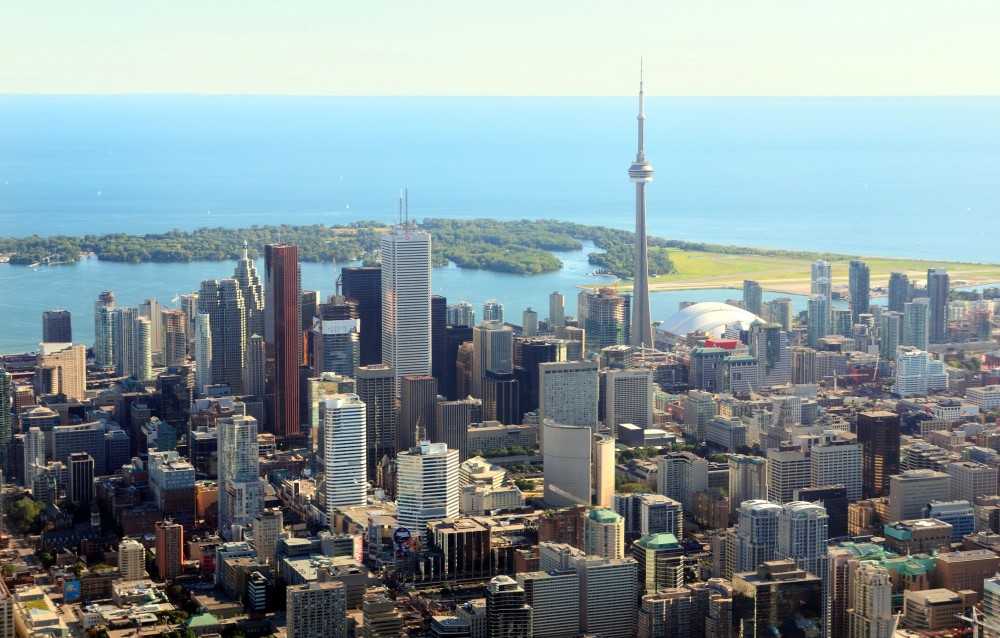The City of Toronto in conjunction with 100 Resilient Cities (100RC) has launched a major effort to improve Toronto’s resilience to the shocks and stresses of an urban space in the 21st century. The initiative stems from Toronto’s acceptance earlier this year into the 100RC Network, a global community of cities working to build urban resilience, including three other Canadian cities – Calgary, Montreal and Vancouver.
More than 100 stakeholders from across city government and the private sector, non-profits, NGOs, academia, and civic groups joined Mayor Tory, City Manager Peter Wallace, and staff of the 100 Resilient Cities initiative to coordinate the development of a multi-sectoral resilience strategy. The workshop began the process of identifying priorities, actions, and metrics.
“Over the next year, we’ll be getting to phase one and phase two, a series of additional consultations on the strategy; and the strategy [development] itself is about a six-month process,” said Stewart Dutfield, project lead resilience at City of Toronto.
Strategies will focus on conventional large-scale disruptions like earthquakes, fires, and floods, “but also the stresses that weaken the fabric of a city on a day to day or cyclical basis,” according to the 100RC website.
Examples given by 100RC of urban stresses are: high unemployment; an overtaxed or inefficient public transportation system; endemic violence; or chronic food and water shortages. The organization believes that “by addressing both the shocks and the stresses, a city becomes better able to respond to adverse events, and is overall better able to deliver basic functions in both good times and bad, to all populations.”
The first major component of the initiative is the hiring of a Chief Resilience Officer (CRO) for which Toronto’s post went out earlier this week. In the job description for the CRO, one of the major job priorities is generating a resilience strategy that covers “overarching issues facing Toronto, including fiscal sustainability, global macroeconomic change, inequality, aging infrastructure, lack of affordable housing, transit/transportation challenges, and climate change.”
Another important mandate is to “communicate and socialize Toronto’s resilience initiatives and accomplishments to local, regional, national and international audiences.” Given the scope of Toronto’s aging infrastructure, water among them, and the emerging public engagement tools in developing these new projects, the priorities are inline with a sustainable approach to water resource management.









